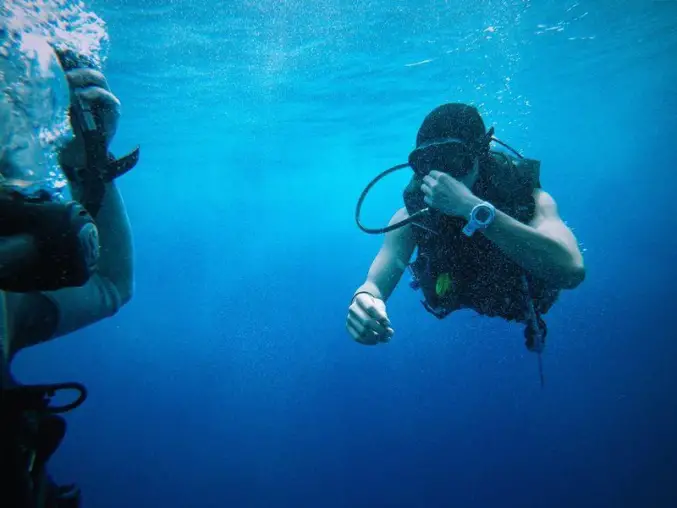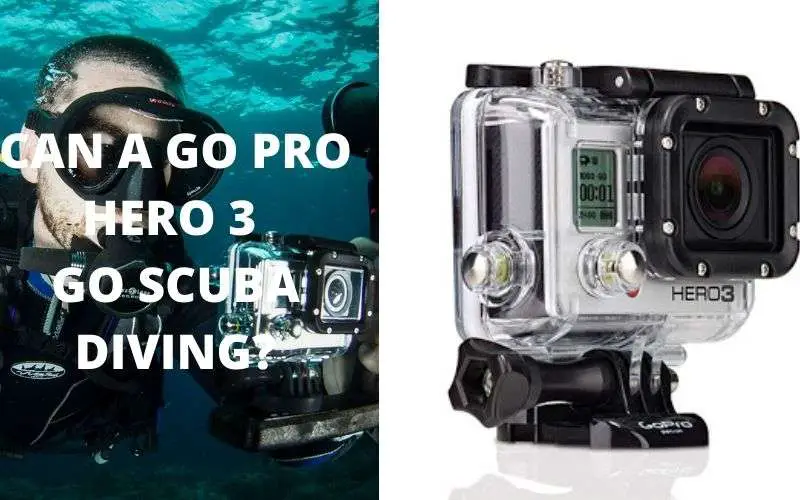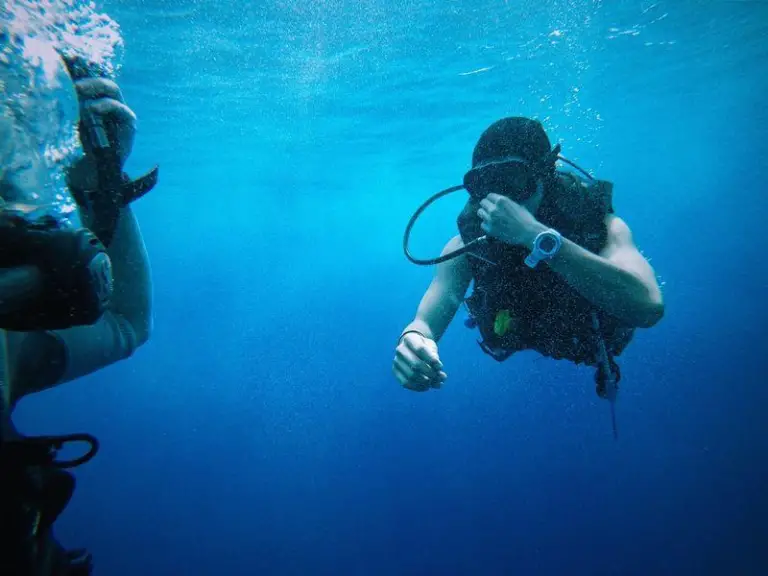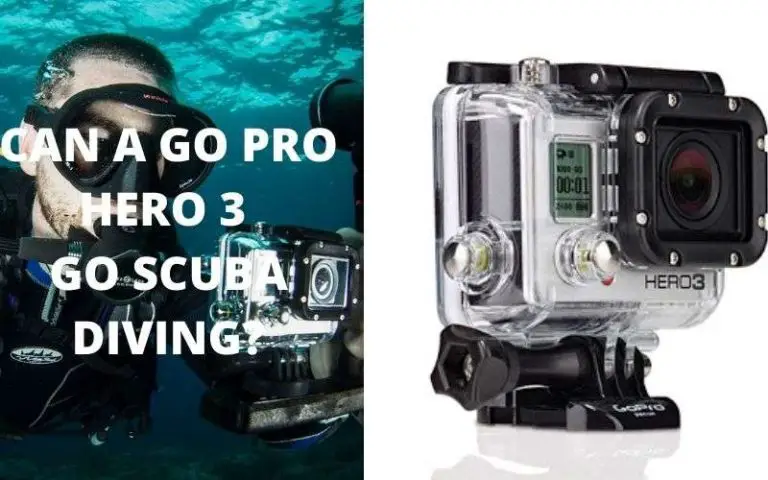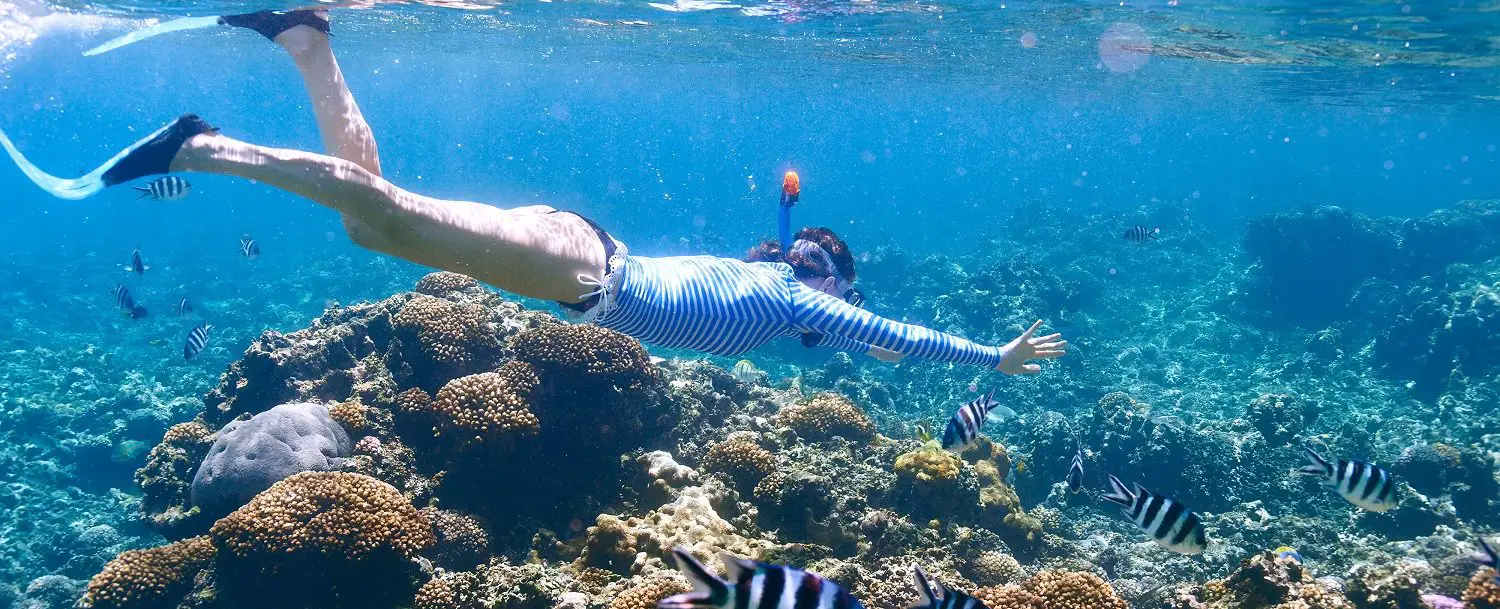
Have you ever experienced dizziness, nausea, or confusion while snorkeling or immediately after? This unsettling sensation is known as vertigo, and it can disrupt your otherwise idyllic underwater adventures.
In this comprehensive article, we’ll delve into the intriguing relationship between snorkeling and vertigo. We’ll explore the potential causes of vertigo during snorkeling, its symptoms, and effective strategies to ensure you can continue snorkeling without a hitch.
Whether you’re a seasoned snorkeler or just starting, understanding and addressing vertigo is essential for a safe and enjoyable aquatic experience.
Understanding Vertigo
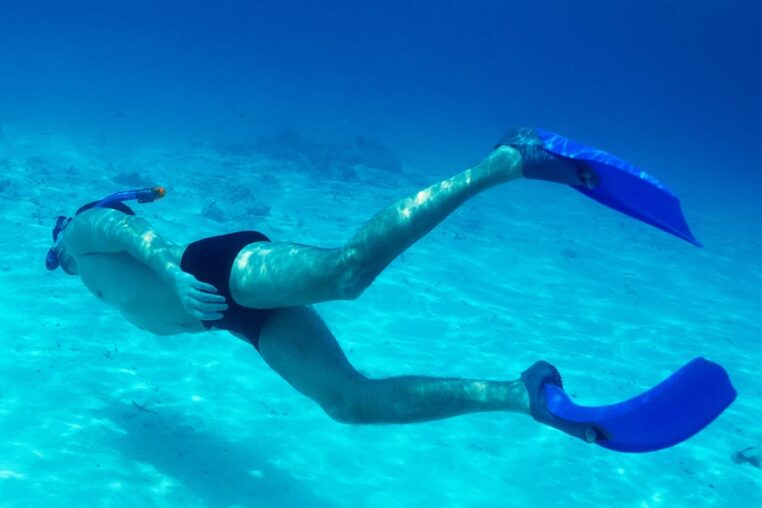
Before we explore how snorkeling can trigger vertigo, let’s clarify what vertigo is and its underlying causes.
Vertigo Defined
Vertigo is not a standalone condition; rather, it’s a symptom characterized by the sensation of spinning or movement, either in yourself or your surroundings.
The severity of vertigo can range from subtle disorientation to debilitating dizziness, often accompanied by symptoms such as loss of balance and nausea. Vertigo episodes can last from a few seconds to several days.
Common Causes of Vertigo
The primary causes of vertigo are related to issues in the inner ear, a critical component of our balance system.
Common conditions leading to vertigo include:
Benign Paroxysmal Positional Vertigo (BPPV)
This condition occurs when rapid head movements trigger vertigo episodes, making it particularly relevant to snorkelers exposed to constant head motion in the water.
Migraines
Severe headaches, known as migraines, can lead to vertigo as one of their symptoms.
Meniere’s Disease
This condition involves the accumulation of fluid in the inner ear, leading to pressure changes that affect the brain’s ability to perceive movement accurately.
Labyrinthitis and Vestibular Neuritis
These are inner ear infections that impact the labyrinth (responsible for hearing and balance) and the vestibular nerve, respectively.
The Role of the Inner Ear
The inner ear plays a crucial role in maintaining balance by measuring the speed and direction of head movements. It relays this information to the brain, which combines it with visual cues, feedback from joints and muscles, and gravity to establish your spatial orientation.
Vertigo occurs when there’s a disconnect between the information sent to the brain and the actual movement, creating confusion until the brain recalibrates.
Snorkeling and Vertigo: How Are They Connected?
Snorkeling introduces various factors that can potentially lead to vertigo:
- Exposure to Water: Immersing your ears in water can momentarily disrupt your brain’s balance perception, especially if the water temperature differs significantly from your body’s.
- Pressure Changes: Snorkelers, particularly those who skin or duck dive, expose their inner ears to pressure fluctuations. Descending and ascending in the water can create pressure imbalances that contribute to vertigo.
- Constant Head Movement: Snorkeling involves continuous head movement, whether you’re scanning underwater wonders or duck diving to get closer to marine life. These movements can trigger vertigo, especially if you’re not accustomed to them.
- Improper Equipment: Ill-fitting snorkel gear, such as snorkels that are too small or masks that don’t seal properly, can lead to breathing difficulties, oxygen deprivation, and feelings of lightheadedness.
- Lack of Visual Reference: Staring into deep waters without a clear visual reference point can confuse your brain about your orientation, potentially leading to vertigo.
- Motion Sickness: Snorkeling in choppy waters or experiencing sudden changes in boat movement before or after snorkeling can contribute to motion sickness and dizziness.
Specific Snorkeling-Related Vertigo Causes
Let’s delve deeper into the snorkeling-related issues that can mimic vertigo symptoms:
1. Exposure to Cold Water
Uneven exposure to cold water, such as one ear being clogged with wax or wearing a poorly fitting dive hood, can create temperature and pressure differences in your ears, potentially triggering vertigo-like sensations. Wearing a well-fitting dive hood and ensuring both ears are evenly exposed can mitigate this.
2. Equalization Problems
Snorkelers who duck dive may experience unequalized ear pressure, leading to discomfort during descent and potential vertigo during ascent. Proper equalization techniques, such as the Valsalva maneuver, are crucial to prevent these issues.
3. Unusual/Rapid Head Movements:
Snorkelers, especially those who duck dive or frequently change head angles for better views, can inadvertently make sudden, awkward head movements that trigger vertigo.
4. Improper Snorkel Size
An improperly sized snorkel can affect your breathing efficiency. If it’s too small, you might feel oxygen-deprived, while a snorkel with a wide diameter can lead to inhaling “dead air” with reduced oxygen content, potentially causing lightheadedness.
5. Lack of Visual Reference Over Deep Water
Staring into deep, featureless waters can confuse your brain’s sense of depth and orientation. Finding a visual reference point on land, such as a boat or a distant landmark, can alleviate this discomfort.
Common Dizziness After Snorkeling
In addition to vertigo, snorkelers might experience other forms of dizziness or nausea after their underwater adventures:
- Motion Sickness: The brain needs time to adjust to stable ground after snorkeling, especially if you’ve been exposed to the constant motion of waves.
- Postural Hypotension: If you transition rapidly from a horizontal position while snorkeling to a vertical position on land, you may experience dizziness due to a temporary drop in blood pressure.
- Mild Hypoxia: Shallow, rapid breathing while snorkeling can lead to oxygen deprivation. Dizziness or lightheadedness is a potential outcome. Severe hypoxia can result in unconsciousness and poses a severe risk.
- Ear Infection: If water remains trapped in your ears after snorkeling, it can lead to bacterial growth and ear infections, known as swimmer’s ear. This condition is painful and can cause permanent hearing loss.
- Dehydration: Snorkeling can be physically demanding, and it’s easy to underestimate your fluid needs. Staying hydrated is crucial to avoid dizziness and discomfort.
Differentiating Seasickness and Vertigo
Seasickness and vertigo are related but distinct phenomena:
- Vertigo: Involves dizziness characterized by a spinning sensation, often triggered by inner ear issues.
- Seasickness: Refers to motion sickness or nausea resulting from the movement of a boat or watercraft. While it can lead to dizziness, it’s not synonymous with vertigo.
Is Swimming with Vertigo Safe?
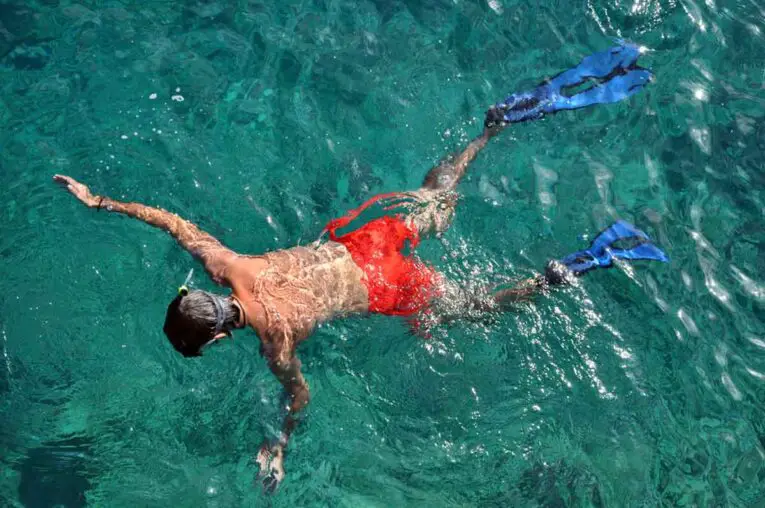
Swimming with vertigo can be risky, especially if an episode occurs while you’re in the water without a flotation device. Depending on the severity and cause of your vertigo, swimming may not be safe.
Consult an Ear, Nose, and Throat (ENT) specialist for guidance on whether it’s advisable for you to swim and snorkel.
Tips to Prevent Vertigo and Dizziness While Snorkeling
Prevention is the best approach when it comes to dealing with vertigo and dizziness during snorkeling. Here are some effective tips to ensure a seamless underwater experience:
1. Consult an ENT Specialist
If you’re susceptible to vertigo or have experienced it before, consult with an Ear, Nose, and Throat (ENT) specialist before embarking on any snorkeling adventures. A medical evaluation can help identify underlying issues and provide guidance on safe snorkeling.
2. Motion Sickness Medication
Consider taking motion sickness medication as a preventive measure, especially if you anticipate rough waters or choppy boat rides. Follow the medication’s instructions, which may require you to take it in advance for optimal effectiveness.
3. Stay Hydrated and Well-Fed:
Dehydration can exacerbate vertigo and dizziness. Drink plenty of fluids before snorkeling, and carry a water bottle with you to stay hydrated during your underwater excursion. Have a light meal 2-3 hours before snorkeling, avoiding alcohol consumption.
4. Deep and Slow Breathing
Focus on slow, deep breathing while snorkeling. This helps ensure you receive an adequate oxygen supply and minimizes the chances of inhaling “dead air” within the snorkel tube.
5. Limit Snorkeling Duration
If you’re prone to vertigo or discomfort, consider shorter snorkeling sessions. Pacing yourself and taking breaks can help prevent dizziness.
6. Choose Ideal Weather Conditions
Optimal weather conditions, including clear skies and calm waters, reduce the likelihood of experiencing dizziness due to choppy seas. Check weather forecasts before snorkeling.
7. Minimize Head Movements
Be mindful of your head movements while snorkeling. Avoid sudden or excessive changes in head angle, especially if you’re susceptible to vertigo.
8. Avoid Duck Diving with Congestion
If you have a cold or congestion, avoid duck diving, as it can make it challenging to equalize ear pressure, potentially leading to vertigo.
Dealing with Vertigo While Snorkeling
If you experience vertigo while snorkeling, follow these steps to ensure your safety and well-being:
1. Maintain Controlled Breathing
Continue to breathe slowly and deeply, focusing on maintaining a calm breathing rhythm.
2. Find a Visual Reference
Look for a stable visual reference point, such as a coral reef or a large rock, and concentrate on it to help reduce vertigo sensations.
3. Assume a Vertical Position
If staying submerged is uncomfortable, assume a vertical position with your head above water. This can ease the sensation of vertigo.
4. Gradual Recovery
Slow down your movements, breathe deeply and slowly, and focus on the visual reference above the water’s surface. Allow your brain to gradually recover from the vertigo episode.
5. End the Snorkeling Session
If the vertigo persists or becomes overwhelming, it’s essential to end your snorkeling session. Call for assistance to return to the boat or shore safely.
6. Rest and Recovery
Once on solid ground, find a comfortable place to lie down or sit. Minimize head movements and allow time for the dizziness to subside.
7. Seek Medical Attention
If the vertigo is severe, persistent, or if it recurs frequently, consult an ENT specialist for a thorough evaluation and guidance on managing your condition.
Why Vertigo May Occur More in Snorkeling than Scuba Diving
You might wonder why some individuals experience vertigo during snorkeling but not during scuba diving. One possible explanation is the surface movement that snorkelers encounter, which scuba divers are removed from when submerged underwater.
Scuba divers maintain neutral buoyancy, experiencing minimal changes in inner ear pressure and avoiding the constant motion of surface waves.
Conclusion
Vertigo can be an unsettling companion during your snorkeling adventures, but understanding its causes and implementing preventive measures can help ensure a safe and enjoyable underwater experience.
Whether it’s equalizing ear pressure, choosing the right equipment, or maintaining proper breathing techniques, taking proactive steps can minimize the risk of vertigo and dizziness.
Remember, consulting with a medical professional and being cautious in your approach to snorkeling are key to a vertigo-free aquatic journey. By following these guidelines, you can explore the mesmerizing underwater world with confidence and serenity.



